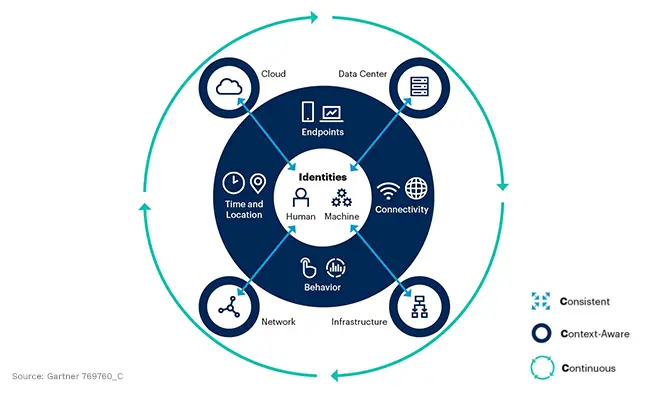Enhancing Security in Your Virtual Environment: Best Practices and Strategies
As businesses increasingly transition to virtualized data centers, the benefits are becoming too significant to ignore. With nearly half of all enterprises already embracing virtualization to some extent, the advantages—ranging from improved disaster recovery and rapid deployment to reduced operational costs and enhanced scalability—position virtual computing environments as an essential element for modern data centers and cloud infrastructures. If virtualization is not yet a priority in your strategic planning, it's time to consider its critical role in your organization's future.
Integrating Monitoring and Access Control in Virtualization
In the realm of virtual machines (VMs), the integration of monitoring and access control systems plays a pivotal role. Insight into inter-VM traffic not only strengthens your virtual network's security but also ensures that all traffic aligns with business objectives, provided that appropriate access controls are established.
The Challenge of File Security in Virtualized Environments
A significant concern within virtualized settings is file security. The abstraction of resources in a virtual environment can lead to potential oversights in the security of file systems, beyond just the virtualized disk blocks. Questions around how file permissions are managed, updated, and audited on virtualized servers are crucial for maintaining a secure data governance framework.
Implementing Security Best Practices in Your Virtual World
To navigate the complexities of virtualization security, several best practices are recommended:
- Create a VM Service 'Good App List': Establish a whitelist of approved applications for your VM environment.
- Implement Layered Defense Mechanisms: Secure network controls and enforce stringent access control for each VM to prevent unauthorized access.
- Control VM Proliferation: Monitor and manage the growth of VM deployments to avoid unmanageable sprawl.
- Train Administrators: Ensure that those responsible for managing the virtual environment are well-versed in security protocols.
- Conduct Security Auditing, Monitoring, and Testing: Regularly review and test security measures to identify and address vulnerabilities.
- Emphasize Regular Backups: Implement a robust backup strategy to safeguard against data loss.
- Centralize Storage: Minimize data proliferation and potential loss by centralizing storage solutions.
- Uniform Treatment of Virtual and Physical Systems: Apply the same security measures to both virtual and physical environments to ensure comprehensive protection.
Conclusion
The journey towards a secure virtual environment is ongoing, with constant need for vigilance in monitoring file permissions and implementing robust security measures. As virtualization continues to play a pivotal role in IT strategies, developing a readiness plan that encompasses these best practices is essential for protecting your virtual world against emerging threats.

%20repre.webp)


